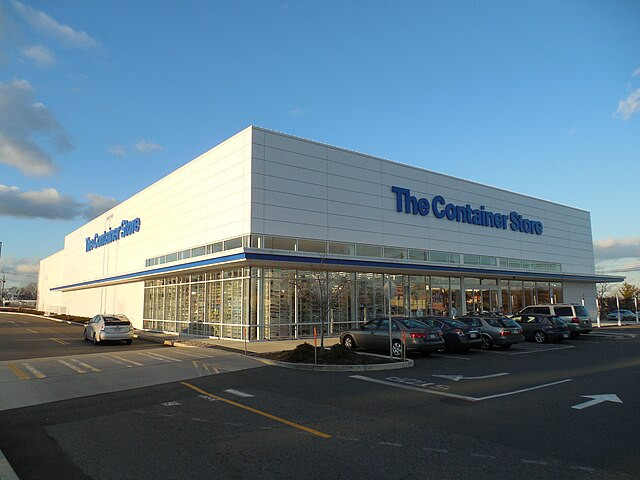The Container Store, a prominent name in home organization and storage solutions, has filed for Chapter 11 bankruptcy protection, joining a growing list of retailers grappling with shifting consumer habits and a challenging economic climate. The announcement, made late Sunday, highlights the intensifying pressures on companies reliant on discretionary spending as customers tighten their budgets.
In a statement, CEO Satish Malhotra emphasized the company's intent to persevere despite its financial troubles. "The Container Store is here to stay," Malhotra said. "Our strategy is sound, and we believe the steps we are taking today will allow us to continue to advance our business, deepen customer relationships, expand our reach, and strengthen our capabilities."
The retailer, which operates 102 locations nationwide and runs an e-commerce platform, plans to maintain regular operations during the bankruptcy process. Court filings reveal that the company is burdened with approximately $230 million in debt but has secured $40 million in new financing to stabilize its operations. Customer orders and vendor payments will reportedly remain unaffected during the reorganization.
The bankruptcy filing represents another blow to the retail sector, which has seen a wave of bankruptcies this year, including Party City, Big Lots, and LL Flooring. According to Coresight Research, the number of store closures in 2023 is set to outpace any year since the pandemic-induced slump of 2020. Analysts predict more turbulence for the sector in the months ahead.
Sales at The Container Store dropped 10.5% in its most recent quarter, which ended on September 28, contributing to a $30.8 million net loss during the period. The company's financial challenges were exacerbated by a cooling housing market, with mortgage rates hovering around 7%-a significant factor discouraging home purchases and renovations. The company's fortunes are closely tied to the housing sector, as new homeowners often invest in organization and storage solutions.
Competition from retail giants like Amazon, Walmart, and HomeGoods has further squeezed The Container Store's market share. Analysts also point to weakening consumer demand for home furnishings as a headwind. Moody's Investors Service forecasts a modest 1% to 3% growth in holiday sales this year, marking a slowdown compared to previous years.
A recent deal with Beyond, the parent company of Bed Bath & Beyond and Overstock.com, which would have brought Bed Bath & Beyond-branded products to select stores, now appears to be in jeopardy. Beyond had previously expressed doubts about the partnership due to The Container Store's struggles with its lenders.
Adding to the financial strain, the company was delisted from the New York Stock Exchange after failing to meet the exchange's financial standards. The bankruptcy filing follows months of strategic reviews aimed at bolstering the company's value, but these efforts were insufficient to stave off its financial decline.
While The Container Store's U.S. operations are under bankruptcy protection, its Sweden-based Elfa brand-a premium customizable storage system-has been excluded from the filing. This division remains a bright spot for the company as it attempts to restructure its debt and emerge as a private entity.
The retailer faces a long road to recovery, with market conditions likely to remain challenging. Analysts highlight that the company's future hinges on its ability to adapt to evolving consumer preferences and compete effectively in a crowded marketplace.




